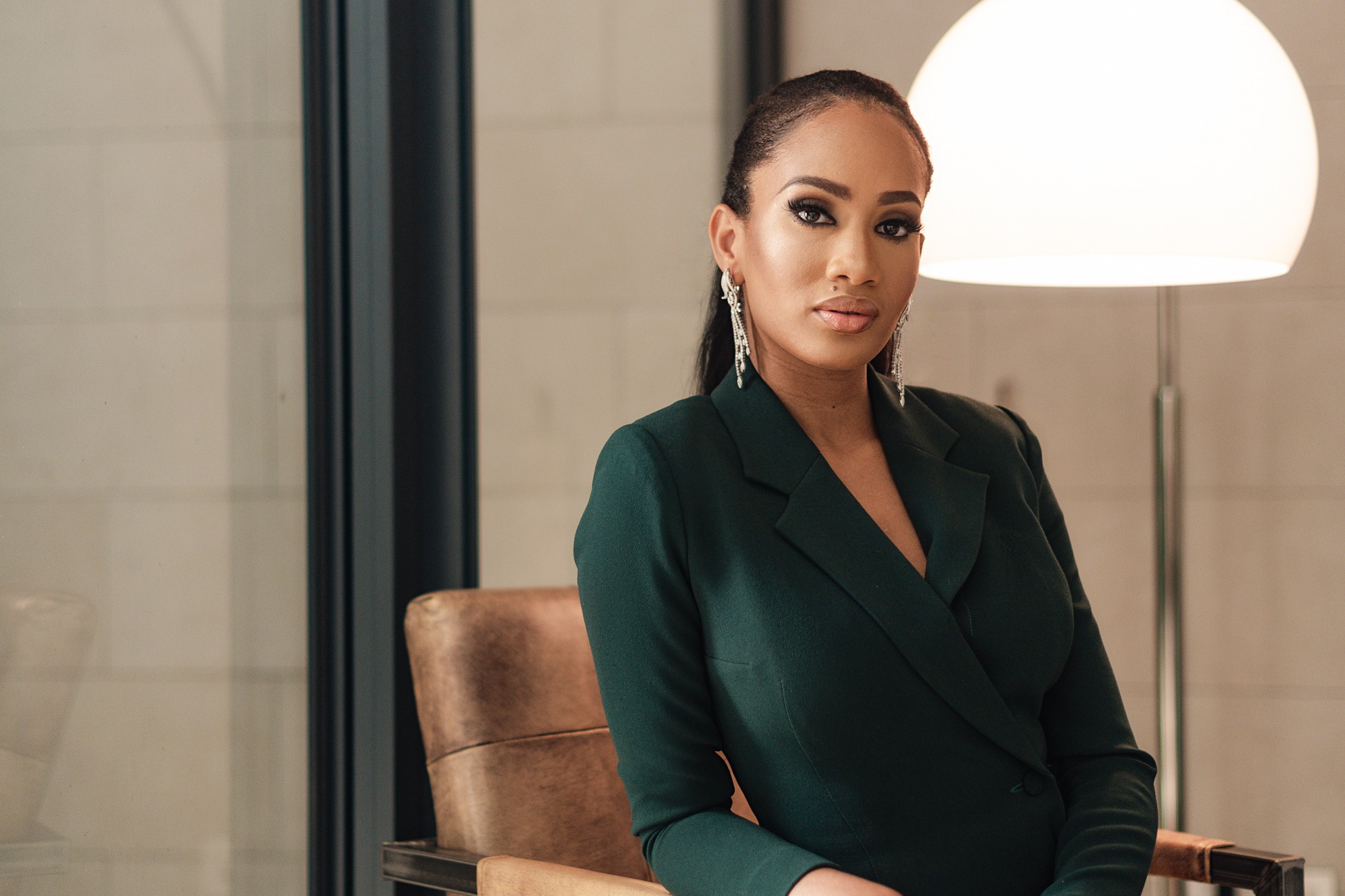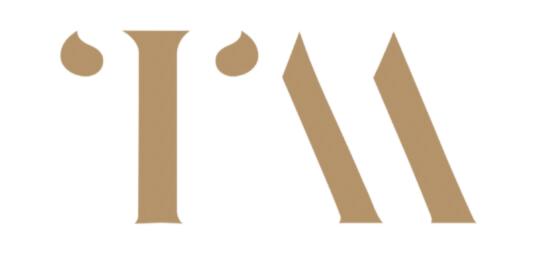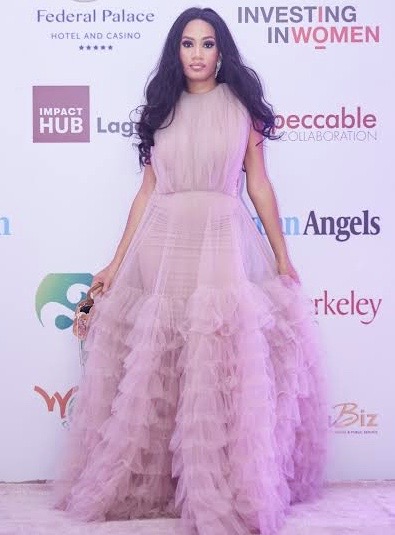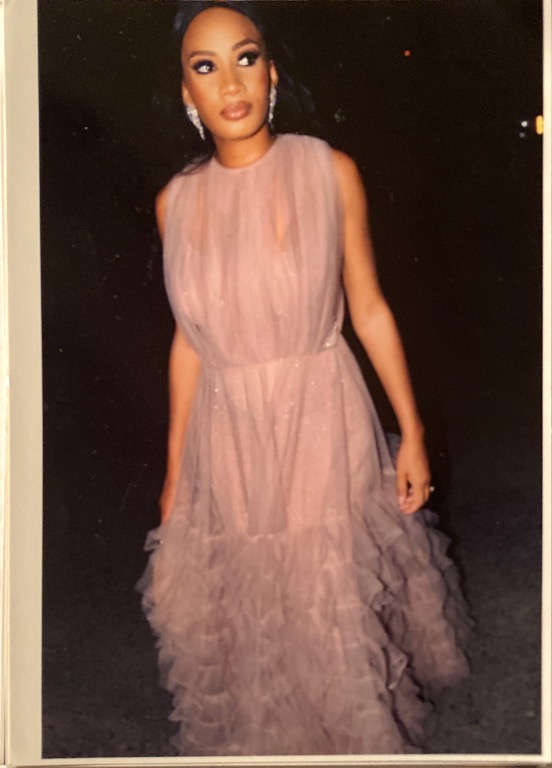
She Who Dares Wins
“I have trained myself to feel the fear, and do it anyway.”
It’s easy to be impressed with accomplishments of Temi Marcella Awogboro and you ought to be: 1st class degree from University of Cambridge, MBA from Stanford Graduate School of Business, Future Awards Africa Prize for Professional Service, the Goldman Sachs Global Leader’s Award, African Leadership Initiative Tutu Fellow and World Economic Forum Global Shaper. She has committed nearly US$500 million in private partnership capital across strategic sectors in Africa in a bid to tackle some of the most pressing global challenges.But underneath it all is someone who is driven, focused, wise and self-aware. She is a living example that you can generate wealth and give back as she has done through many initiatives including co-founding Kairos Angels, an early stage investment syndicate aiming to transform Africa by partnering with visionary entrepreneurs to build scalable and sustainable businesses.Through her integrity and generosity of time and energy, Awogboro proves herself to be a good example not just for women but for men too. Perhaps it is these inner qualities we should be impressed with.
You have lived and worked across four continents and travelled much of the globe. What impression or impact has this made on you as a person?
It has been a thoroughly enriching and rewarding journey having had the opportunity to live and work in Europe, The Middle East, The US and Africa and the opportunity to travel much of the globe. In my view leadership skills are becoming one of the most valuable assets in an ever-increasingly fast paced global world. I am always seeking to evolve into a greater version of myself and I find travel gives me opportunities for growth, be it in risk-taking, learning to adapt, building resilience and honing my problem-solving skills.
Historically, encounters between differing tribes, nations, and cultures have driven innovation and fuelled the imagination. The internet and worldwide travel options have taken us to new global heights more rapidly than in generations past.I believe entrepreneurs ready for this future of increased connection will no doubt become leaders of the movement, especially if they prepare their teams now to embrace the change.
What is your advice for the upcoming generation in their pursuit for excellence considering the rut in Nigeria youth circle?
This historical moment calls for the African youth to step up and take leadership to create the future they so deeply desire. Africa’s youth leaders must harness the power of technology, information and networks to build the institutions and infrastructure that speaks to their ideals and vision for the future. Failing to do so will result in the continent being left behind by the technological revolution, further increasing the gap with the rest of the world.
In turn current African leaders must harness and unleash the potential of its burgeoning youth by addressing the barriers which inhibit the emergence of young leaders and their ability to influence the transformation of the continent. As such, there is a need to democratize the leadership development process in Africa. Formal and informal leaderships across all levels in society cannot be a luxury afforded only to the elite, it needs to be an inclusive process through the propagation of inclusive political and economic structures.
Are there any initiatives for young people to improve their skills?
I sit on the board of Generation Enterprise (GEN), our mission is to tackle the skills gap that traps young people in poverty. With its portfolio of “Social Mobility Enterprises,” GEN builds businesses that take youth from apprentice to manager to equity owner. An example is Zest Concierge Services, a premium office and home cleaning and repair company with major Nigerian technology clients, run entirely by youth from communities like Makoko.
What are your plans for the girl child in Nigeria?
I am a firm believer in the centrality of education for girls, as a critical tool for economic progress. Rapid socio-economic development of a nation has been observed to depend on the calibre of women and their education in that country. Educating girls is known to be the basis for sound economic and social development, bestowing upon them a disposition for a lifelong acquisition of knowledge, values, attitudes, competence and skills.
In order for Nigerian women to perform to their full potential, imperialist male-gender privilege, biased traditional and religious beliefs impeding women’s education must be de-emphasised in Nigerian society. I am an active advocate for women in education in Nigeria and I leverage my access to leading global institutions to encourage and agitate in favour of women seeking more ways to educate themselves. As a member of the Africa Advisory Board of Save the Children, I hope to support the initiatives that touch the lives of the girl child. In addition, I continue to mentor and engage through school visits.
You are in your thirties and have already achieved so much but do you sometimes feel under pressure as a woman to do more?
I do feel under this pressure, born of outsized expectations at work and at home and go through days where you feel you are not able to give the best of you to any one dimension – after all energy too has its limits. Nobody has it all in the way we currently define it.
For all of us, life requires trade-offs and choices. I think it is important we redefine success in more human terms rather than the fantasy of women — or men — that have it all. In my view, real success — the true definition of having it all — is getting clarity on what success means for you individually and putting your energies there.
Do you think Nigerian women are ready to take up more roles in the political space?
Women are ready and have been ready. Religious and cultural norms are applied to constrain women and these are entrenched further through policies and laws that institutionalise discrimination against women. Until we address these ‘intangible’ issues head on women will continue to be under-represented in society.
How do you think investments in the female gender should be approached?
It is important in my view that capital allocators are more intentional about overcoming inherent biases towards those who are under-represented and under-served by existing entrepreneurial structures and systems. Kairos Angels does not approach its investments with a gender lens per se but is doing its part in addressing some of these issues. Today, 50% of the Kairos portfolio is invested in businesses with female sole founders at the helm.
What do you consider your greatest achievement?
I don’t have a single greatest achievement. Every milestone of success has been part of the journey. Perhaps if you ask me today, my greatest source of pride is the blessing of raising a daughter and channeling my love and positivity into her. Becoming a mother has sharpened my focus, renewed my hunger to be more, and do more because I have someone who I come home to everyday that looks up to me as her hero and role model.
We have come a long way – today, the career woman is a main stay in society as women continue to reach high powered job positions, which previously were reserved for men. The development of power dressing was pivotal in bringing to public visibility women in executive or business positions. It served as a way to construct their image and to make them recognizable.
I believe pursuing a career, shattering glass ceilings and looking good are not mutually exclusive. In fact power dressing locates power at the body level and can be help boost self-esteem and confidence. I was pleased to be invited to be part of CLAN’s “The Power Woman” Campaign, to celebrate female pioneers in various industries through their stylish interpretation of power dressing.
What lesson have you learnt about how to live life successfully?
I have learned over the years life is not a destination, it is a continuous journey with pit stop of success and setbacks. I have trained myself to feel the fear, and do it anyway, to see challenges as the doors to success and perceived failure as an invaluable part of this journey.
I have faced numerous challenges along the way: navigating my first job at the epicenter of the global financial crisis, facing significant resistance and closed doors trying to break into private equity and even witnessing first hand the demise of institutions I professionally invested myself in. In all of this, I have stayed true to the philosophy of being a person of truth and consistency.I continue to pursue my long terms goals and vision with unrelenting focus on my three P’s, Purpose, Passion and Performance. Living a life that is purpose driven, passion filled and performance oriented has been a good guiding NorthStar and when one of those dimensions is out of alignment serves as a reminder to revisit priorities.
What is your motto?
In “The Man in the Arena” Theodore Roosevelt reminds us that in the end it is not the critic that counts but credit belongs to the man or woman in the arena, who strives to do the deeds, “who knows great enthusiasms, the great devotions; who spends himself in a worthy cause; who at the best knows in the end the triumph of high achievement, and who at the worst, if he fails, at least fails while daring greatly, so that his place shall never be with those cold and timid souls who neither know victory nor defeat.” In brief, he or she who dares, wins.
Highlights from the Guardian Angels unveiling
T.M.A










